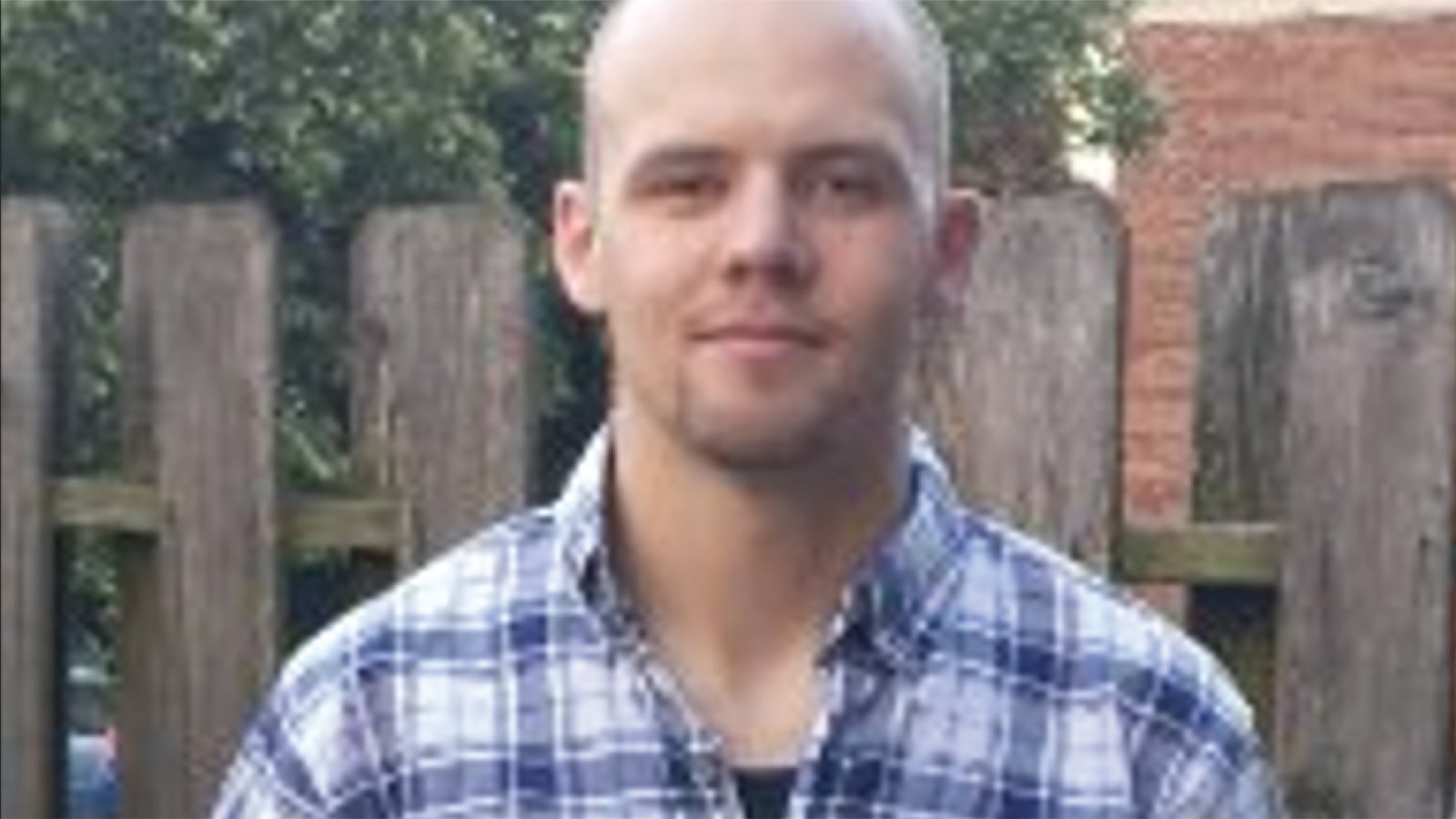Samuel Perry
Samuel Perry earned his B.S. from SES in 2016 and is now a Ph.D. candidate at the University of Notre Dame.
Contact: sperry5@nd.edu
"I think most importantly, talk to the professors in the department. The SES has distinguished experts in a range of geologic studies and I have found almost all of them more than willing to give advice, especially when they witness dedication and interest from a student."
Where has your degree taken you?
My SES degree has led to a position at the University of Notre Dame, working on a doctorate degree under Professor Peter Burns in the department of Civil & Environmental Engineering and Earth Science. Professor Burns’ group is a mix of chemists and geologists working on understanding the basic science of the actinide elements. Our group is interested in new discoveries that will spark innovation in the nuclear power industry and improve our ability to remediate radionuclide contaminated sites, such the Hanford site in Washington.
My research within the group is mostly focused on uranium mineralogy. I am investigating the thermal stability of several uranium minerals with a high temperature calorimeter such that we can better examine the relationship between a mineral’s complexity and its thermodynamic properties. Additionally, I am working to build a database of uranium mineral localities for use in nuclear forensics. I am also investigating the use of synthetic anionic clays for use in remediating uranium contamination.
How do you feel your experience, specifically as an SES/geology student at OSU, prepared you for your career or life in general?
I think the SES’s reputation as an excellent geology department is well deserved. At the SES, I researched deep mantle mineral phases using ab initio DFT calculations under Professor Wendy Panero’s mentorship. Professor Panero is interested in the composition and processes of the deep Earth. For our project, we investigated the perovskite phase most likely to host thorium and uranium in the lower mantle. Working with Professor Panero netted invaluable experience as from her I learned how to perform independent research, how to present my findings and how to organize those findings into a publishable journal article. Those ended up being skills I depend on daily as a graduate student.
I also found the coursework of the SES to have prepared me well for pursing a higher-level geology degree. Professor Barry Lyons’ geochemistry course introduced me to the thermochemistry concepts that are guiding my calorimetry project. Every fall semester, I find myself re-teaching the ideas I learned in Professor Mike Barton’s petrology course to undergraduate mineralogy students at Notre Dame. And recently, I had the opportunity to do field investigations of mineral localities in Utah and found myself thinking of Professor Terry Wilson’s field camp and structural geology courses.
What is your favorite memory as a student?
I think my most memorable experience was the opportunity to travel to Baltimore to present my research results at the 2015 GSA meeting. I was also able to attend many talks on cutting edge research in many geologic fields. Although it was intimidating to meet so many experts in the actinide field, the experience was enlightening and one I would highly recommend to any undergraduate performing research in the SES.
What advice do you have for current and future students?
Dedicate yourself to your goal, as soon as you can. If you want to work in industry, find the right companies to intern for and talk to recruiters at career fairs. If you want to go to graduate school, hit the books to keep your GPA as high as possible, start studying for the GRE and get in contact with professors in your field of interest as early as you can.
Start research as soon as possible in your undergraduate career and aim high – any research you undertake should be with the intent to publish your results. A paper on your CV can be the difference between getting into the graduate program of your dreams or that opportunity going to someone else. The writing experience alone will carry you far in your graduate career.
When you are contacting professors, don’t let their institutions intimidate you. A professor at Stanford may think you are perfectly qualified for his/her research program, but you will never get that opportunity if you do not take the first step of contacting them.
I think most importantly, talk to the professors in the department. The SES has distinguished experts in a range of geologic studies and I have found almost all of them more than willing to give advice, especially when they witness dedication and interest from a student.
Don’t allow yourself to be discouraged or distracted. It is easy to be intimidated by your competition with a 3.99 GPA and a laundry list of extra curriculars, but in the end graduate programs will be assessing you, not your classmates. And finally, I’m the definition of non-traditional student and it was ten years before I finished my Bachelor’s degree at Ohio State. If I make it, anyone can!

